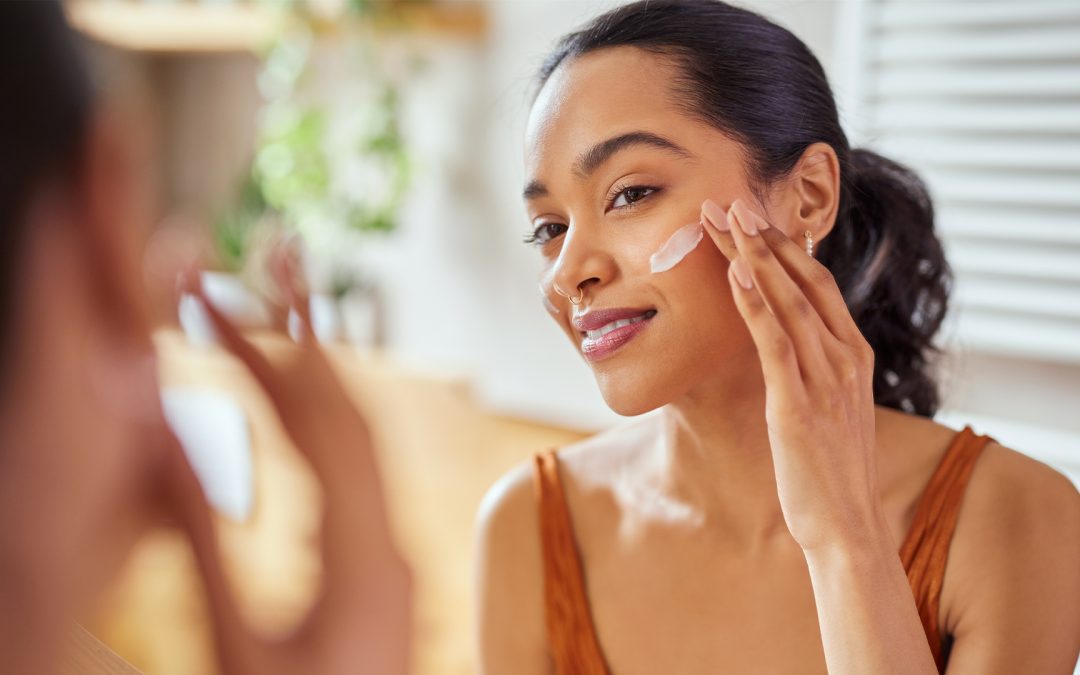Whether training or performing, professional performing artists put their bodies through a lot.
From long hours under stage lights and makeup to outdoor rehearsals, sometimes your body takes a physical toll. Skin issues are common for performers, and it’s completely normal to experience them every now and then.
However, you can take steps to protect your skin health and prevent future problems. Healthy skin is about comfort and care, not about achieving ‘perfection’.
Below, we’ll explore how to look after your skin and provide some performing arts-specific tips.
Why Skin Health Matters for Performing Artists
Skin health matters for performing artists because it supports your comfort and performance quality.
Keeping your skin healthy is about resilience and care, not aesthetic perfection. Healthy skin helps you feel and perform your best, and if skin issues are left untreated, they can cause pain and stress and lead to distractions on stage.
Maintaining your optimal overall health is essential to boosting physical wellness, preventing injury, and sustaining long-term performance under professional demands. Let’s examine what this means in terms of skin health.
Common Skin Challenges for Performers
Performing artists face the same skincare challenges as everyone else.
However, there are some disciplines that come with additional skincare challenges. These unique challenges may need extra prevention. Here are a few problems to note:
- Working outdoors — Outdoor practice often means dealing with sun, wind, and pollution. Without SPF protection or moisturiser, this can lead to dryness, sunburn, or flare-ups of existing skin conditions.
- Frequent sweating — Sweat and heat can raise the risk of breakouts and infections, especially if you’re under hot stage lights.
- Heavy make-up and costumes — Costumes are exciting, but they can also pose challenges. Heavy makeup, prosthetics, and adhesives can clog pores and irritate sensitive skin, especially with repeated use.
- Instrument-related issues — Sometimes, instruments can pose extra skin challenges. For example, brass players may sometimes develop irritation or allergic reactions around the mouth from prolonged contact with mouthpieces. Similarly, musicians often deal with hand irritation or calluses from constant playing.
You can find more information on common skin, hair, and nail conditions from NHS Inform.
How to Care for Your Skin
Some skin conditions will require professional advice. But embracing simple daily habits can make a big difference to your skin’s health.
General ways to take care of your skin include:
- Daily cleansing with a mild soap and warm water
- Daily SPF protection (even on overcast days!)
- Remove make-up before going to sleep
- Moisturise dry skin on your face, hands, and body
- 6 to 8 cups of water per day, per NHS advice
- Prioritise getting enough sleep
These general skin care tips work well for most people, but consistency is key to seeing real benefits.
You may need to experiment with different products to find what suits your skin best, and that’s where help from a dermatologist can come in handy.
When to Seek Medical Help
If you experience persistent rashes, pain, or changes in your skin that don’t improve with your usual care routine, it’s key to seek professional medical advice.
Many skin conditions are common and easily treatable by your GP or local pharmacist. Remember, it’s normal not to have ‘perfect’ skin, but getting early support if you notice changes can make a big difference in your comfort and wellbeing. If you would like advice about skin problems caused by or specifically impacting your performance practice, instrument, costume or work environment, BAPAM can give you free occupation focused health advice. Get in touch.
For Health Professionals: BAPAM’s Upcoming CPD Session On Skin Health
Skin health is vital for performing artists, and our forthcoming online CPD session is suitable for practitioners of all specialties who may see artists with skin problems in their consulting rooms, and would like to increase their knowledge for assessment, onward referral and treatment.
On June 25th, BAPAM is holding a Skin Health in the Performing Arts session with Dr Katrin Alden (Occupational Health Physician) and Dr Diana Newson (General Practitioner).
This expert-led session will run from 7 pm to 9 pm BST and explore how skin problems can impact performing artists, and optimal clinical pathways to support them to manage and overcome skin problems affecting creative sector work.
Learn more and save your space online here.
Final Thoughts
Performing places unique demands on your body, and your skin is no exception. Healthy skin doesn’t mean flawless skin, but taking consistent, practical steps will help protect it during training and work.
Keep reading about life in the performing arts via the BAPAM blog.

